Good morning. I greet the Speaker of the National Assembly of Hungary, President Mária Schmidt, representatives of our country’s diplomatic corps, members of the Government, my old friends, and all of you who are present here today.
I would like to pick up where the Minister left off, because today is the day when Hungary speaks for the first time in the debate – launched in May – on the future of the European Union. This day of all days.
The most important thing is the exact meaning of our words. If our words lack order, then our thoughts will also lack order.
The debate that began in May is within the European Union; and therefore my speech will not be about the future of Europe, but about the future of the European Union. Without doubt Europe includes Norway, Switzerland, the United Kingdom, the whole of the Balkans, Ukraine and Belarus – and also certainly Russia, as far as the Urals; and indeed the Turkish world also extends into the geographical space that we call Europe. Europe is a cultural formation that is fantastic, fascinating, breathtaking and inimitable. It is the legacy of three mutually propagating summits, of three hills: the irreproducible vinestock grown from the integrafted stems of the Acropolis, the Capitoline and Golgotha. Wine is made in many places around the world, and in many places there have been attempts to introduce European culture; but elsewhere its original flavour and beauty can never be matched, no matter how many times it is drunk to the point of intoxication. In its lifetime Europe has had better ages and worse ages, but Europe is eternal, and it remains so today – no matter how much more dazzlingly others are attired. But today we are not at a meeting of the Academy of Arts, competing with one another in praising the greatness of our continent, but at a political event; and we are not thinking about Europe, but about the future of the European Union.
The European Union is a political, man-made political formation, created to defend the economic and military interests of its countries.
It was created in response to the political reality that, after the Second World War, half of Europe was occupied by the Americans and the other half by the Soviets. The European Union was created to keep alive the hope that one day Europeans would once again decide the fate of Europe.
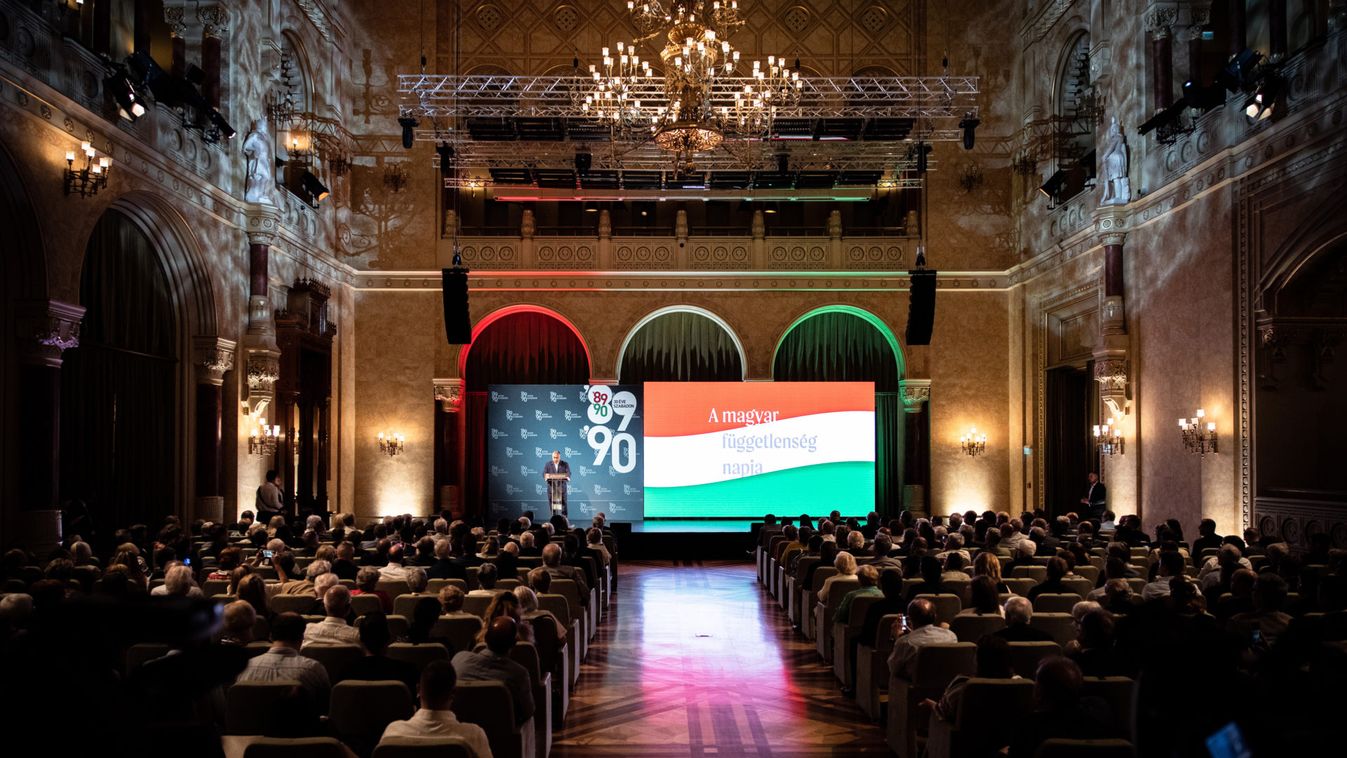
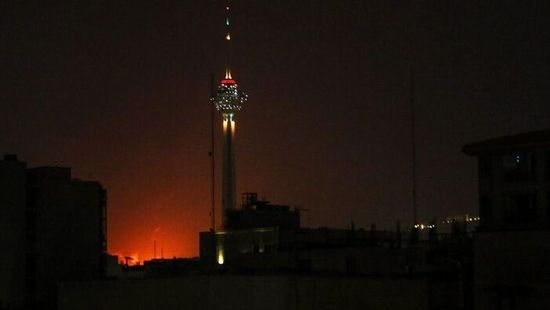
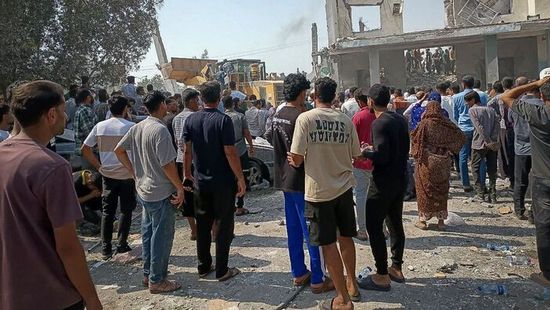
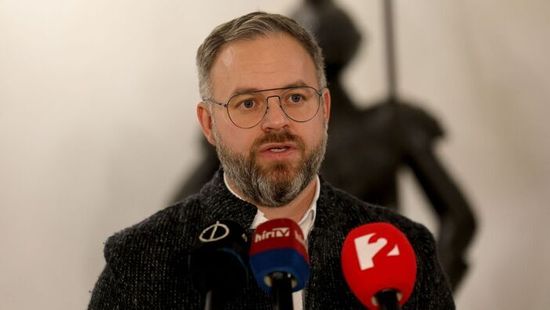
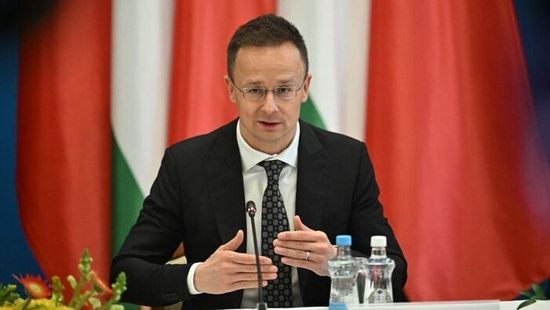

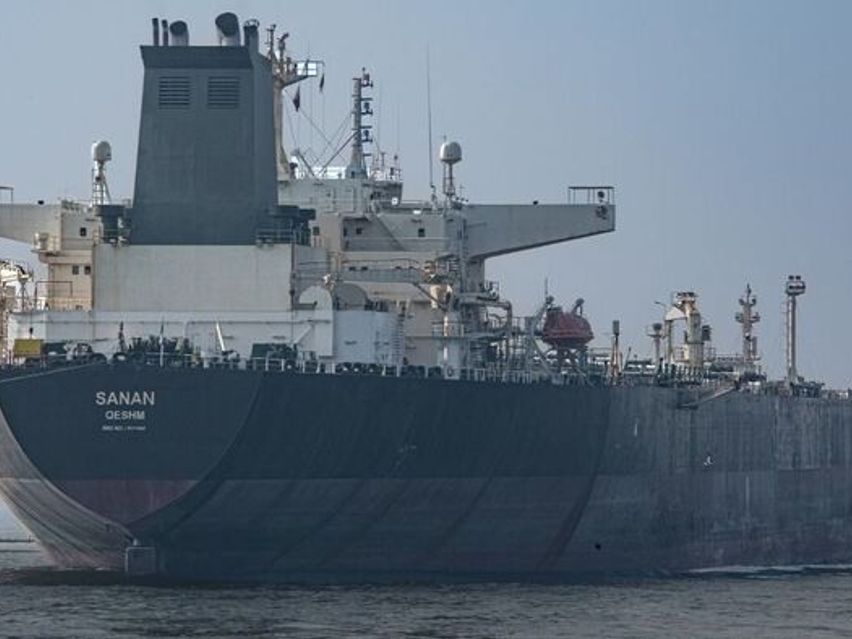
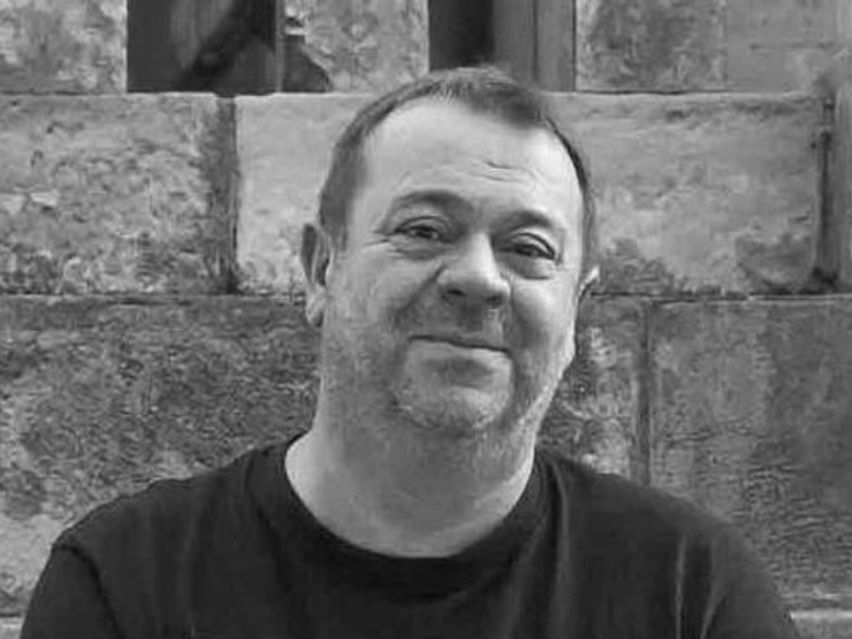
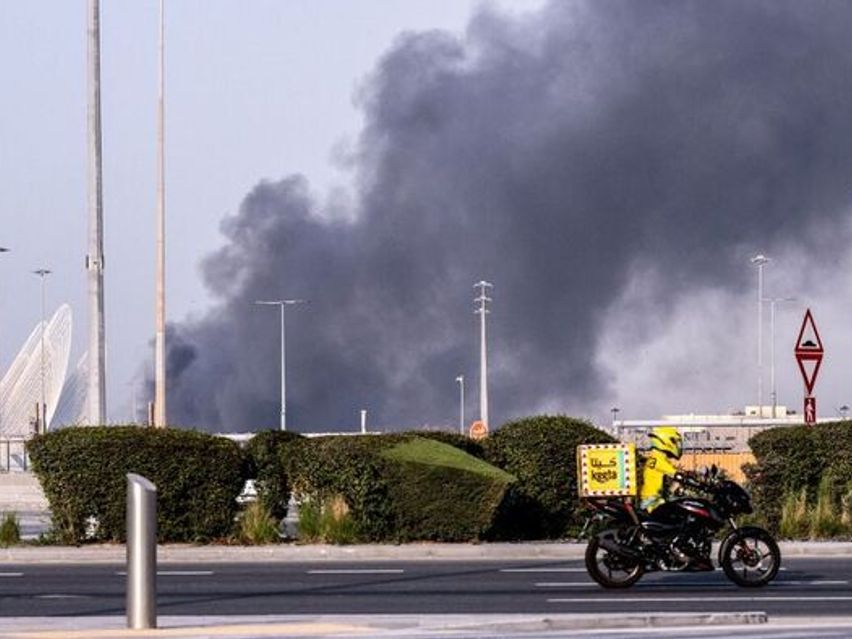


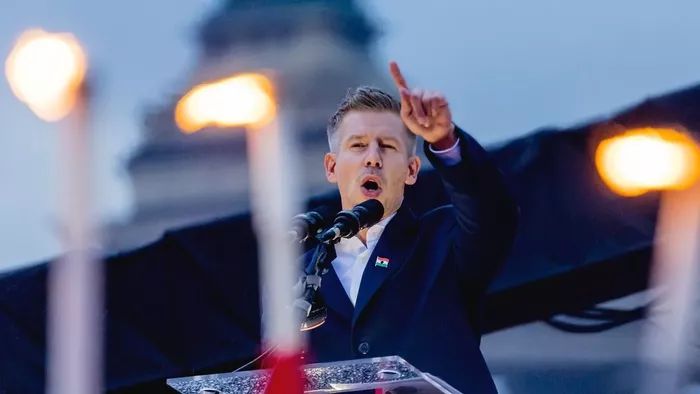

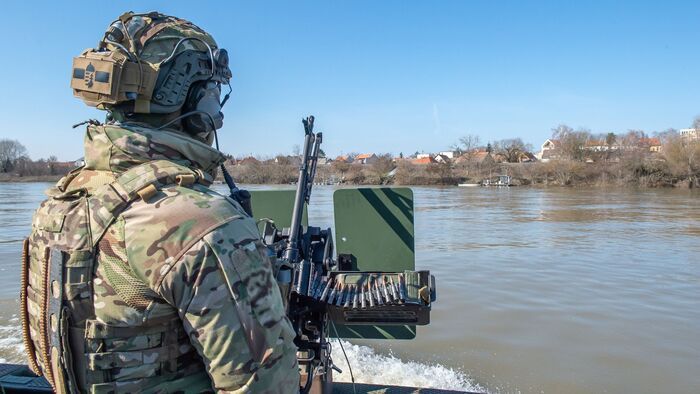
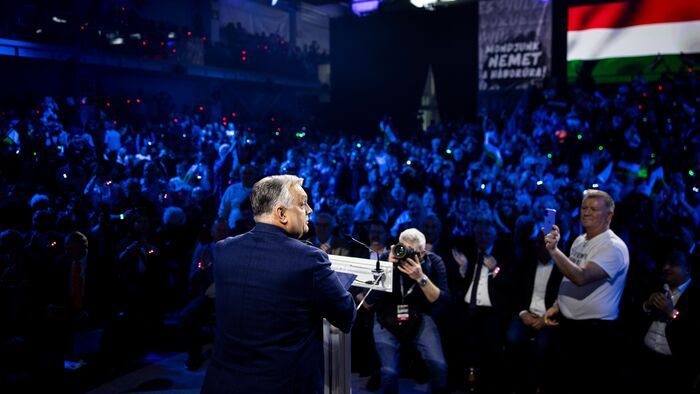
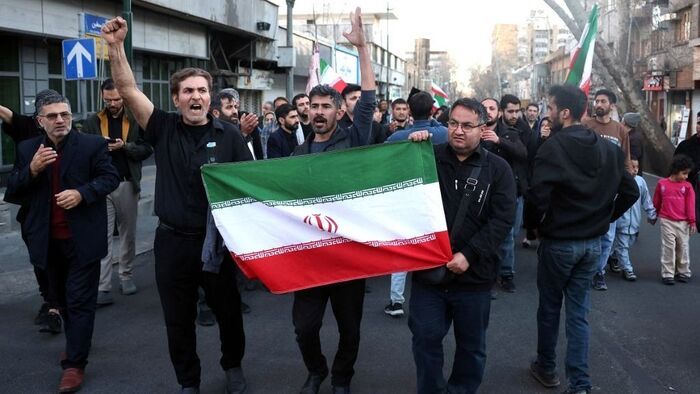

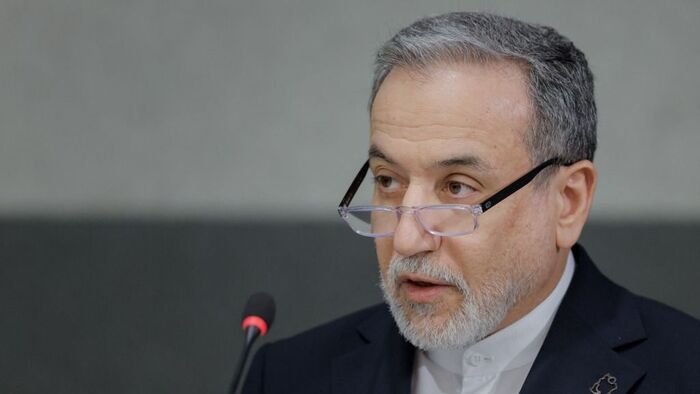


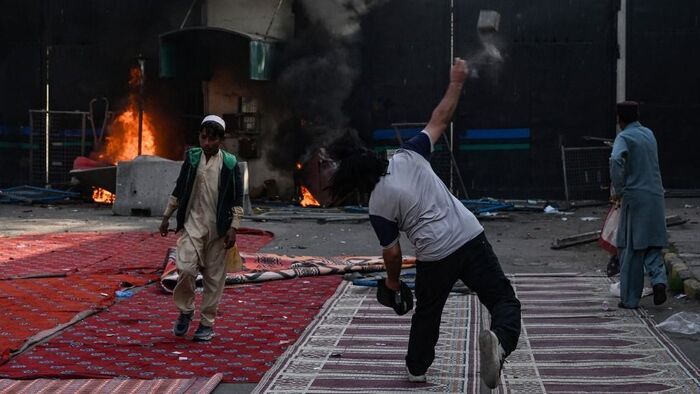


Szóljon hozzá!
Jelenleg csak a hozzászólások egy kis részét látja. Hozzászóláshoz és a további kommentek megtekintéséhez lépjen be, vagy regisztráljon!